
The Precariat: The New Dangerous Class
by
Guy Standing
Published 27 Feb 2011
We shall come back to that once we have considered one other aspect of the precariat, its loss of control of time. 5 Labour, Work and the Time Squeeze W e cannot grasp the Global Transformation crisis, and the pressure building up on the precariat, without appreciating what the global market society is doing to our sense of time. Historically, every system of production has operated with a particular conception of time as its guiding structure. In agrarian society, labour and work were adapted to the rhythm of the seasons and weather conditions. Any idea of a regular 10- or 8-hour working day would have been absurd. There was little point in trying to plough or harvest in the pouring rain. Time may have waited for no man, but man respected its rhythms and spasmodic variations. That is still the case in much of the world. However, with industrialisation came time regimentation. The nascent proletariat was disciplined by the clock, as the historian E.
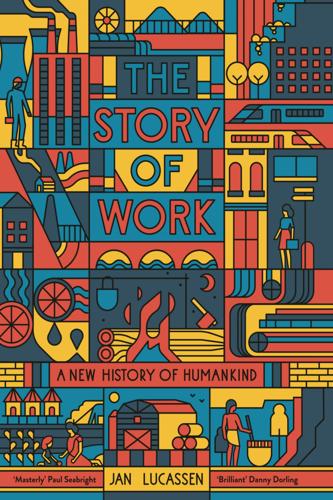
The Story of Work: A New History of Humankind
by
Jan Lucassen
Published 26 Jul 2021
Cottage industry, sericulture: ‘Rikuchū no kuni yōsan no zu. 6’. Colour woodcut by Hiroshige III, published by Nihonbashi, Tokyo, c. 1877. University of British Columbia. Library. Rare Books and Special Collections. Asian Rare-6 no. L2:1. 13. May Day: ‘Labour’s May Day dedicated to the workers of the world’ propagating the 8-hour working day, by Walter Crane. Coloured edition in German, Austria, 1897. IISH Amsterdam IISG # BG C3/900. International Institute of Social History (Amsterdam). 14. Pay day at the Braat machine-building plant: Gedenkboek van de N.V. Machinefabriek Braat te Soerabaja 1901–1921 (Batavia, 1921). IISH-NEHA, Amsterdam # Collection NV Machinefabriek Braat (Soerabaja) ARCH03606.
…
This happened initially in some white settler colonies like Australia and New Zealand, and later in the North Atlantic, revolutionary Russia and other countries. Preceding the legislation histories of separate countries, this important first stage was completed with the establishment of the 8-hour working day. In many countries, this occurred during the turbulent end to the First World War. A few years later, a 48-hour (rather than a 45-hour) workweek prevailed in the most important branches of industry in Western Europe.15 The labour movement, which for decades had championed the 8-hour workday, vaunted its achievement, in particular during its May Day celebrations.
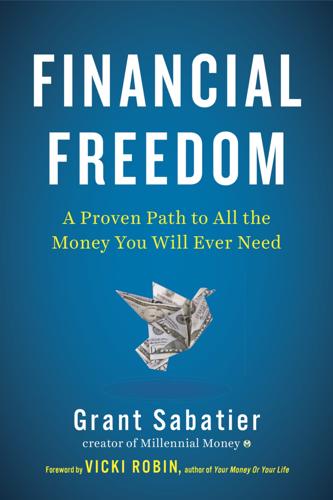
Financial Freedom: A Proven Path to All the Money You Will Ever Need
by
Grant Sabatier
Published 5 Feb 2019
, buying clothes for work, attending events, de-stressing from work, or anything else you spend your time on that you wouldn’t have to do if it wasn’t for your job. Remember that Americans on average spend roughly 53 minutes commuting every day. That means they spend about 220 hours each year commuting if they work 50 weeks per year. That’s equal to 27.5 additional 8-hour working days per year! And they’re not getting paid for a minute of it. And if you travel on trips for your work, those hours really add up—just a few overnight trips to conferences or clients can add hundreds of hours a year. When you are at that sales conference in St. Louis you can’t be somewhere doing something else, so a regular 8- or 10-hour workday becomes a 16-plus-hour workday with travel.

Deep Utopia: Life and Meaning in a Solved World
by
Nick Bostrom
Published 26 Mar 2024
Even if our income rises to astronomical levels, even if we have swimming pools full of cash, we still need more: for only thus can we maintain our relative standing in scenarios where the income of our rivals grows commensurately.16 Notice, by the way, that insofar as we crave position—whether for its own sake or as a means to other goods—we could all stand to benefit from coordinating to reduce our efforts. We could create public holidays, legislate an 8-hour work day, or a 4-hour work day. We could impose steeply progressive taxes on labor income. In principle, such measures could preserve the rankings of everybody involved and achieve the same relative outcomes at a reduced price of sweat and toil.17 But failing such coordination, we may continue to work hard, in order to keep up with all the other people who continue to work hard; and we’re stuck in a billionaire’s rat race.
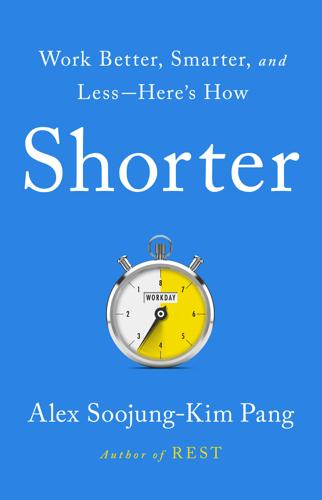
Shorter: Work Better, Smarter, and Less Here's How
by
Alex Soojung-Kim Pang
Published 10 Mar 2020

The Architecture of Open Source Applications
by
Amy Brown
and
Greg Wilson
Published 24 May 2011
"The seven time zones between Copenhagen and Chicago actually meant that we got a lot done with few interruptions." With nine time zones between Taipei and Palo Alto, that was true for us during SocialCalc's development as well. We often completed an entire Design-Development-QA feedback cycle within a 24-hour day, with each aspect taking one person's 8-hour work day in their local daytime. This asynchronous style of collaboration compelled us to produce self-descriptive artifacts (design sketch, code and tests), which in turn greatly improved our trust in each other. 19.8.4. Optimize for Fun In my 2006 keynote for the CONISLI conference [Tan06], I summarized my experience leading a distributed team implementing the Perl 6 language into a few observations.
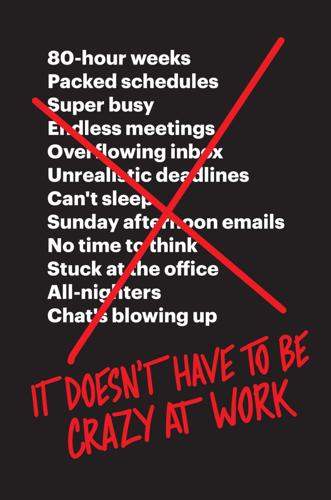
It Doesn't Have to Be Crazy at Work
by
Jason Fried
and
David Heinemeier Hansson
Published 1 Oct 2018
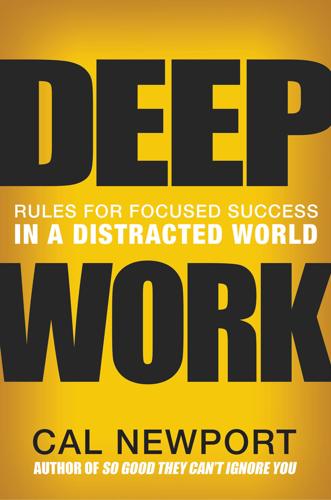
Deep Work: Rules for Focused Success in a Distracted World
by
Cal Newport
Published 5 Jan 2016
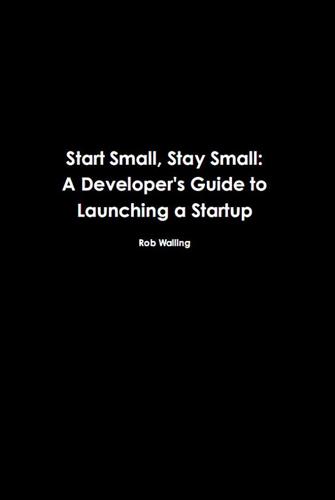
Start Small, Stay Small: A Developer's Guide to Launching a Startup
by
Rob Walling
Published 15 Jan 2010
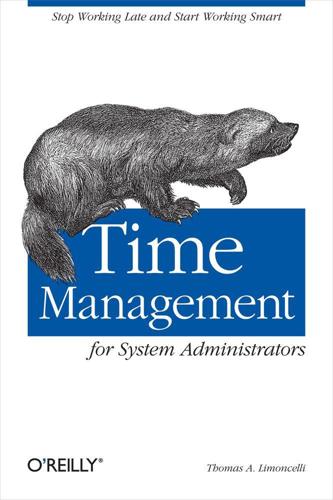
Time Management for System Administrators
by
Thomas A.Limoncelli
Published 1 Jan 2005

Construction Project Management
by
S. Keoki Sears
Published 7 Feb 2015
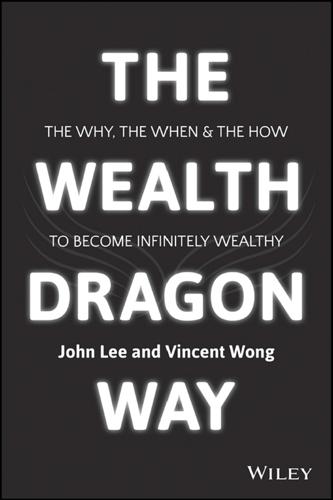
The Wealth Dragon Way: The Why, the When and the How to Become Infinitely Wealthy
by
John Lee
Published 13 Apr 2015

Sustainable Minimalism: Embrace Zero Waste, Build Sustainability Habits That Last, and Become a Minimalist Without Sacrificing the Planet (Green Housecleaning, Zero Waste Living)
by
Stephanie Marie Seferian
Published 19 Jan 2021

The Martian
by
Andy Weir
Published 1 Jan 2011

Energy and Civilization: A History
by
Vaclav Smil
Published 11 May 2017
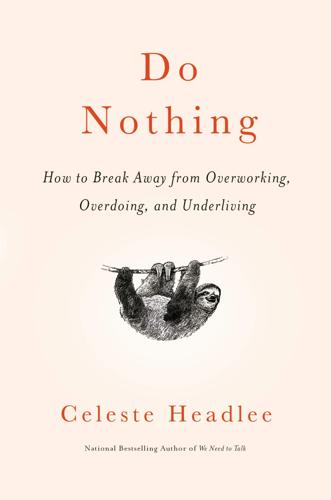
Do Nothing: How to Break Away From Overworking, Overdoing, and Underliving
by
Celeste Headlee
Published 10 Mar 2020

Early Retirement Extreme
by
Jacob Lund Fisker
Published 30 Sep 2010

CIOs at Work
by
Ed Yourdon
Published 19 Jul 2011
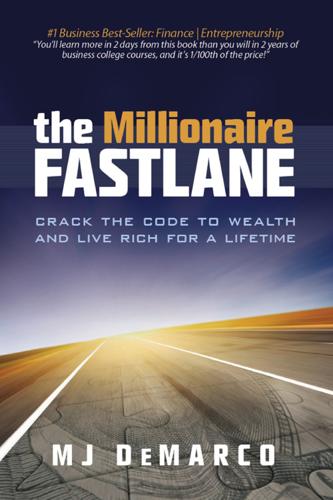
The Millionaire Fastlane: Crack the Code to Wealth and Live Rich for a Lifetime
by
Mj Demarco
Published 8 Nov 2010
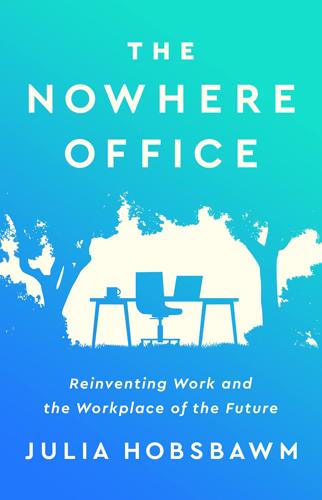
The Nowhere Office: Reinventing Work and the Workplace of the Future
by
Julia Hobsbawm
Published 11 Apr 2022
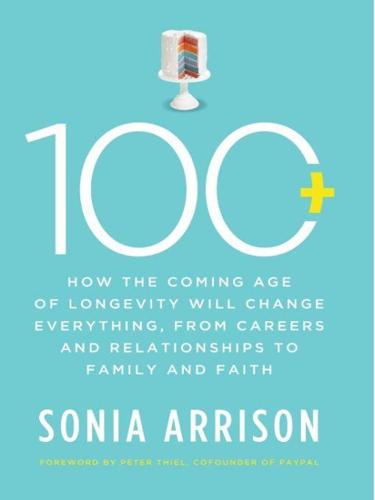
100 Plus: How the Coming Age of Longevity Will Change Everything, From Careers and Relationships to Family And
by
Sonia Arrison
Published 22 Aug 2011

After the Cataclysm
by
Noam Chomsky
Published 17 Dec 2014

Sunbelt Blues: The Failure of American Housing
by
Andrew Ross
Published 25 Oct 2021

Quiet: The Power of Introverts in a World That Can't Stop Talking
by
Susan Cain
Published 24 Jan 2012

NeoAddix
by
Jon Courtenay Grimwood
Published 16 Jan 1997

Humble Pi: A Comedy of Maths Errors
by
Matt Parker
Published 7 Mar 2019
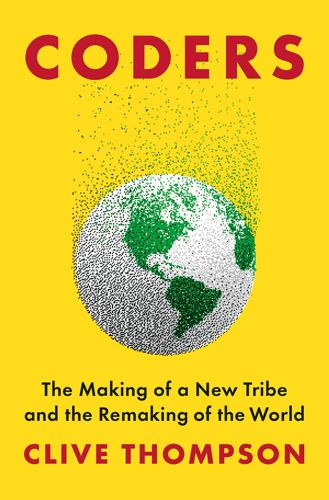
Coders: The Making of a New Tribe and the Remaking of the World
by
Clive Thompson
Published 26 Mar 2019
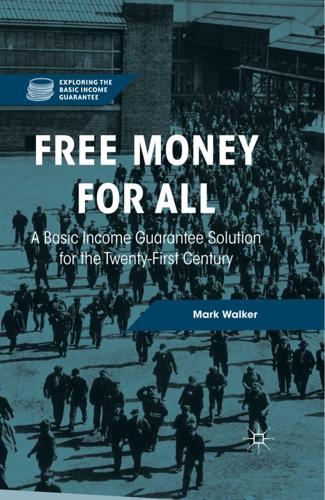
Free Money for All: A Basic Income Guarantee Solution for the Twenty-First Century
by
Mark Walker
Published 29 Nov 2015
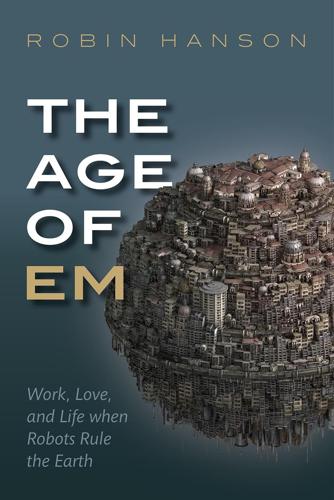
The Age of Em: Work, Love and Life When Robots Rule the Earth
by
Robin Hanson
Published 31 Mar 2016

Factory Man: How One Furniture Maker Battled Offshoring, Stayed Local - and Helped Save an American Town
by
Beth Macy
Published 14 Jul 2014

Nexus: A Brief History of Information Networks From the Stone Age to AI
by
Yuval Noah Harari
Published 9 Sep 2024
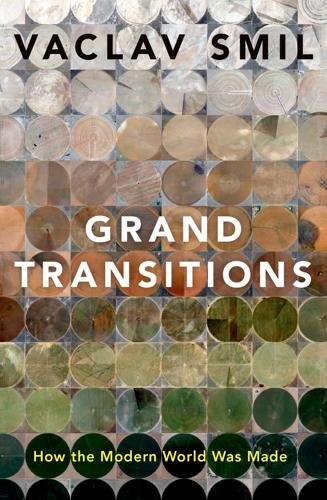
Grand Transitions: How the Modern World Was Made
by
Vaclav Smil
Published 2 Mar 2021
Because of large seasonal fluctuations in demand for labor, the total number of hours worked annually by peasants was often less than the number of hours worked by early industrial workers (with 12-hour shifts, including Saturdays) and no more than for today’s typical annual rates (equivalents of 200–225 days of 7–8 hours). Water buffaloes used in Asian rice cropping worked 130–140 days, and horses in northern Europe (where only single summer crops could be grown) put in only 60–80 days of fieldwork. Expressing these capacity factors as shares of annual maxima gives us the low means of 15–20% for people and 5–15% for draft animals. In contrast, steam turbines in nuclear electricity-generating plants have capacity factors around 90% and those in coal or natural gas-fired plants 45–55%; water turbines typically work 35–55% of all time, and stationary steam engines in factories and steam locomotives average 30–50%.
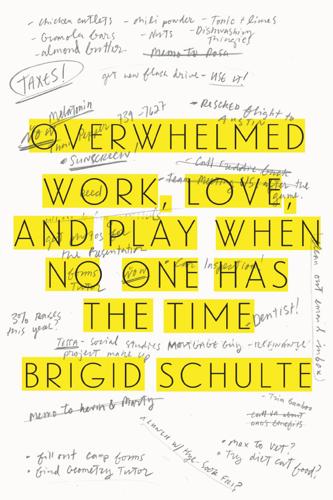
Overwhelmed: Work, Love, and Play When No One Has the Time
by
Brigid Schulte
Published 11 Mar 2014
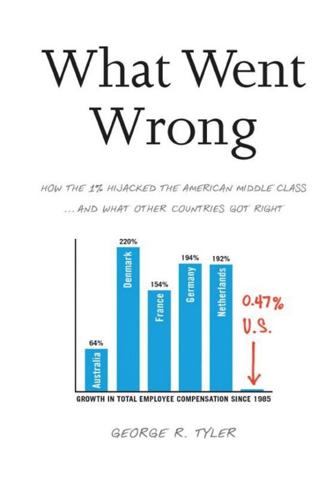
What Went Wrong: How the 1% Hijacked the American Middle Class . . . And What Other Countries Got Right
by
George R. Tyler
Published 15 Jul 2013

A Man and His Ship: America's Greatest Naval Architect and His Quest to Build the S.S. United States
by
Steven Ujifusa
Published 9 Jul 2012
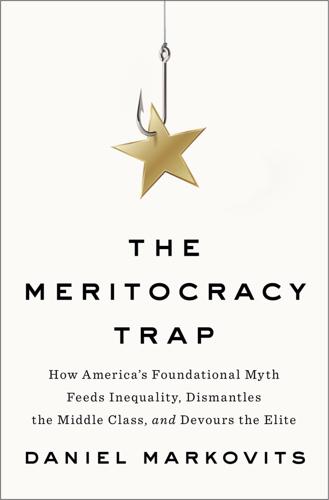
The Meritocracy Trap: How America's Foundational Myth Feeds Inequality, Dismantles the Middle Class, and Devours the Elite
by
Daniel Markovits
Published 14 Sep 2019
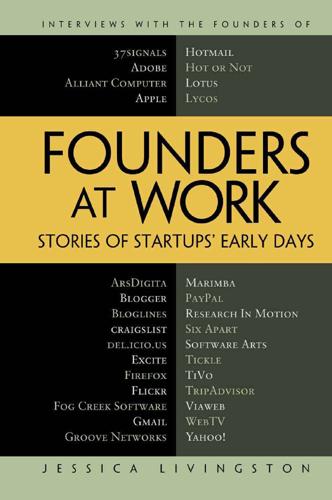
Founders at Work: Stories of Startups' Early Days
by
Jessica Livingston
Published 14 Aug 2008

Reaganland: America's Right Turn 1976-1980
by
Rick Perlstein
Published 17 Aug 2020